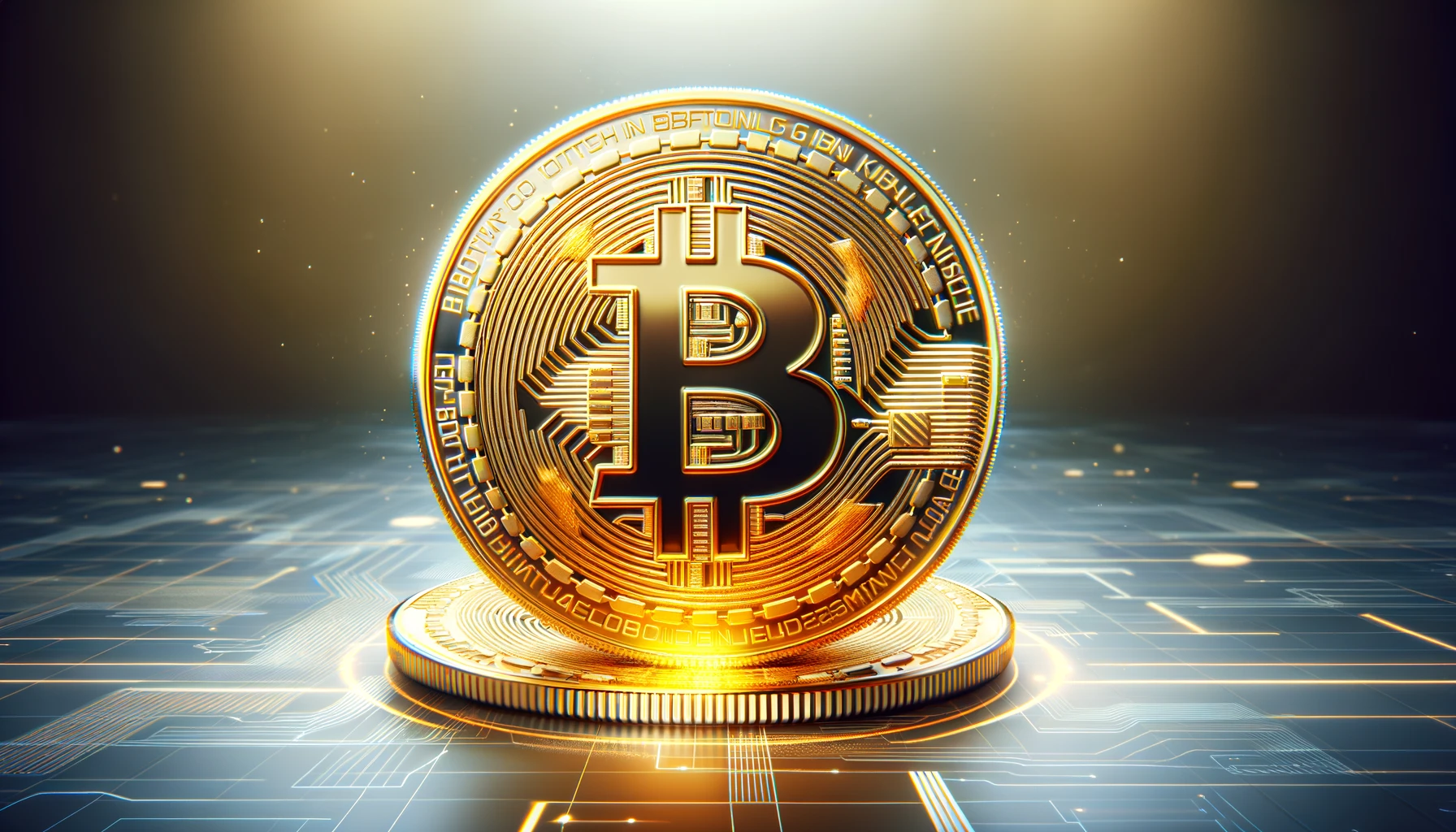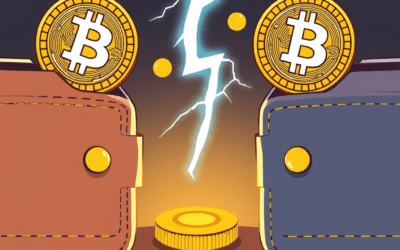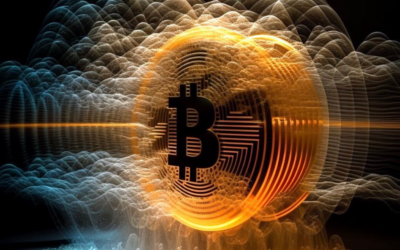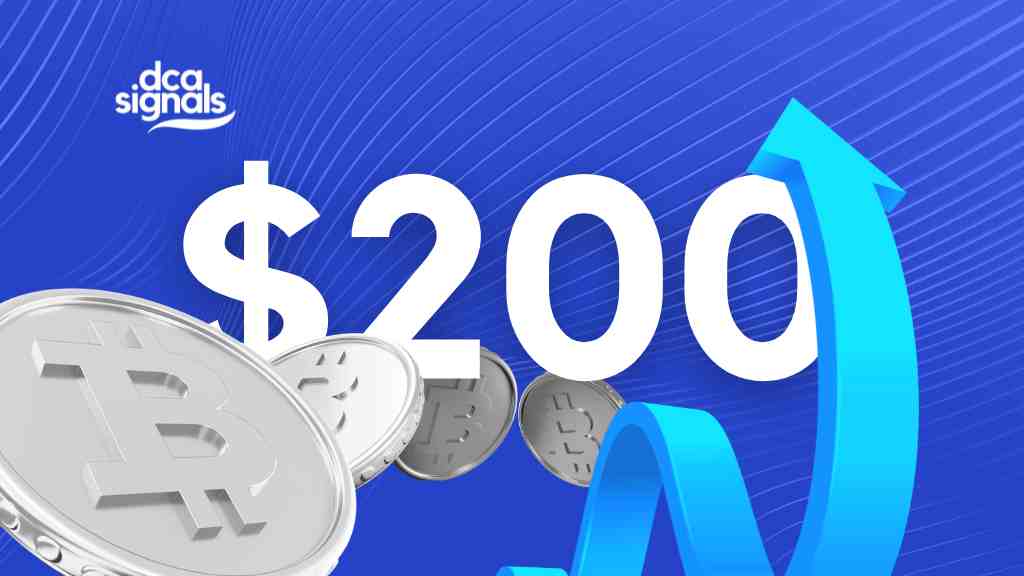Crypto vs Bitcoin – the world of digital currencies can be a confusing one, especially for newcomers.
With thousands of “cryptocurrencies” vying for attention, it’s easy to get caught up in the hype and overlook the fundamental differences between them. Crypto vs bitcoin arguments are as old as Bitcoin – over 15 years.
In his seminal book, The Bitcoin Standard, author Saifedean Ammous explains that Bitcoin stands alone as a viable store of value, while other cryptocurrencies (altcoins) lack the essential properties that make Bitcoin so revolutionary.
This article delves into Ammous’ perspective, exploring why understanding Bitcoin first is crucial for anyone navigating the crypto landscape. In order to understand the crypto vs bitcoin debate, you first need to learn about money. We’ll explore the core functionalities of money, how Bitcoin fulfills these functions, and why altcoins fall short.
Table of Contents
Understanding Money: A Framework for Comparison
Before diving into Bitcoin vs altcoins, let’s establish a common ground: what exactly is money? Money serves three primary purposes:
- Medium of Exchange: It facilitates the exchange of goods and services without the need for bartering.
- Unit of Account: It provides a standardized unit for measuring value, allowing for price comparison.
- Store of Value: It retains purchasing power over time, enabling individuals to save and invest.
An ideal form of money should excel in all three areas. Throughout history, various commodities like gold, silver, and seashells have served as money, each with its strengths and weaknesses.
Table 1: Comparing Qualities of Different Forms of Money
| Feature | Gold | Fiat Currency (e.g., USD) | Bitcoin |
|---|---|---|---|
| Medium of Exchange | Somewhat cumbersome | Widely accepted | Growing acceptance |
| Unit of Account | Yes | Yes | Yes |
| Store of Value | Yes (historically) | No (prone to inflation) | Potentially (scarce and verifiable) |
Fiat currencies, the current dominant form of money, excel in being a medium of exchange but fail miserably as a store of value. Governments can (and often do) print more fiat, inherently causing inflation and eroding purchasing power over time.
Bitcoin: A New Paradigm for Money
Satoshi Nakamoto, the pseudonymous creator of Bitcoin, aimed to address the shortcomings of fiat currencies. Launched in 2009, Bitcoin introduced a revolutionary concept: a digital, decentralized currency with a capped supply. Here’s how Bitcoin fulfills the three functions of money:
- Medium of Exchange: While not yet universally accepted, Bitcoin’s use as a payment method is growing rapidly. Online merchants and even some brick-and-mortar stores now accept Bitcoin.
- Unit of Account: Bitcoin’s price is readily available and can be used to denominate the value of goods and services.
- Store of Value: Perhaps Bitcoin’s most crucial feature is its capped supply. Only 21 million Bitcoins will ever be mined, making it inherently scarce and resistant to inflation. This scarcity has the potential to make Bitcoin a superior store of value compared to fiat currencies.
Bitcoin’s properties are secured by its underlying technology – blockchain. Blockchain is a distributed ledger that publicly records all Bitcoin transactions, making the system transparent, secure, and tamper-proof.
Why Altcoins Fall Short
The vast majority of cryptocurrencies (altcoins) launched after Bitcoin are essentially clones or variations of the original concept. While some offer minor tweaks or functionalities, they often lack the crucial features that make Bitcoin valuable. Here’s a breakdown of some key shortcomings of altcoins:
- Uncapped Supply: Many altcoins have no limit on the number of coins that can be created. This undermines their potential as a store of value, as inflation can erode purchasing power just like with fiat currencies.
- Centralized Control: Some altcoin projects are backed by companies or foundations. This centralization contradicts the core principle of decentralization that makes Bitcoin secure and resistant to manipulation.
- Unproven Track Record: Bitcoin has been around for over a decade, establishing itself as a relatively stable and secure store of value. Most altcoins are far newer and have yet to prove their long-term viability.
According to Ammous, these shortcomings render most altcoins nothing more than speculative bubbles. Investors may chase short-term gains, but the lack of intrinsic value inherent in most altcoins makes them risky propositions.
If we are really honest, crypto vs bitcoin discussions are pointless simply because crypto-lovers just want to see their own coin go up. Nobody will be able to change their mind.
Why Understanding Bitcoin First Matters
As a new participant in the crypto space, understanding Bitcoin first is paramount. Bitcoin is the original and most established cryptocurrency. Its core properties – capped supply, decentralization, and security make it a good store of value. By grasping these core principles established by Bitcoin, you’ll be better equipped to evaluate (and debunk) the claims made by altcoin projects.
This doesn’t necessarily mean you should completely disregard altcoins. Some may offer innovative features or functionalities beyond of bitcoin’s features. But when it comes to long-term storage, it’s not about crypto vs bitcoin but about doing your homework first.
The explosion of cryptocurrencies has generated excitement, confusion, and in no small measure, wealth for a select few. Thousands of “altcoins” (any cryptocurrency other than Bitcoin) promise revolutionary use cases or faster, cheaper transactions than Bitcoin. But for newcomers to this space, cutting through the hype is a daunting task. Let’s get you up to speed on the crypto vs bitcoin question before you fall into a trap!
Two books cut to the core of the ‘crypto vs bitcoin’ issue: The Bitcoin Standard by Saifedean Ammous and The Bullish Case for Bitcoin by Vijay Boyapati.
What Exactly Is Money?
Before comparing Bitcoin against other cryptos, we need to define money:
- Medium of Exchange: A widely accepted way to pay for goods and services.
- Unit of Account: A standard measure to compare the value of different things.
- Store of Value: An asset that maintains (or ideally increases) purchasing power over time.
Historically, commodities like gold, with its inherent scarcity and durability, have best fulfilled these roles. Fiat currencies (like the US Dollar), while widely accepted, are poor stores of value since governments can print more, diluting existing holdings.
Bitcoin: Engineered as Digital Gold
Bitcoin’s enigmatic creator, Satoshi Nakamoto, designed it to overcome the weaknesses of fiat currency. Launched in 2009, Bitcoin offers these advantages:
- Scarcity: Only 21 million Bitcoin will ever exist. This hard cap combats inflation, mimicking gold’s scarcity.
- Decentralized: No single entity controls Bitcoin. Its network relies on thousands of computers worldwide, making it tamper-resistant.
- Transparency: The Bitcoin blockchain – a public, immutable ledger of all transactions – provides unmatched visibility into the network.
- Borderless: Bitcoin can be sent across the globe instantly and cheaply, bypassing traditional financial systems.
While its use as a day-to-day medium of exchange is growing, Bitcoin truly shines as a potential store of value akin to “digital gold.”
Altcoins: Innovation or Speculative Hype?
Bitcoin’s success spawned countless altcoins. Some, like Ethereum, focus on broader use cases like smart contracts and decentralized applications. Others boast faster transaction speeds or greater privacy features. However, few possess the core attributes that make Bitcoin compelling:
- Uncapped or Uncertain Supply: Many altcoins can be created in unlimited quantities, undermining their potential as stores of value.
- Centralization: Some altcoins are controlled by foundations or companies, lacking Bitcoin’s decentralized, censorship-resistant nature.
- Unproven History: Bitcoin has weathered over a decade of market cycles, building a track record of security and resilience most altcoins lack.
- Speculative Frenzy: Altcoin prices often surge based on promises rather than proven utility, creating a bubble-like phenomenon.
The Bitcoin Standard argues that these traits turn most altcoins into speculative instruments, devoid of the intrinsic value that gives Bitcoin its potential staying power.
The ‘Bullish Case’ for Bitcoin
To grasp the superiority of Bitcoin and to give a definite answer to the “crypto vs bitcoin” question, we just have to understand the fundamental thesis of Bitcoin. Vijay Boyapati, in The Bullish Case for Bitcoin, expands upon Bitcoin’s unique value proposition as a monetary asset:
- Network Effects: Bitcoin benefits from being the first and largest cryptocurrency. This gives it a liquidity and security advantage hard for competitors to match.
- The Lindy Effect: The older Bitcoin gets, the more confident people become in its long-term survival, strengthening its appeal.
- Resistance to Change: Bitcoin’s decentralized structure makes it incredibly difficult to alter. This protects it from manipulation and enshrines its core properties.
- Global & Apolitical: Bitcoin exists beyond traditional geopolitical boundaries and power structures, serving as a potential neutral financial system.
Boyapati’s work highlights that Bitcoin’s focus on being the best possible digital store of value makes it valuable because it isn’t trying to be everything at once. Crypto vs Bitcoin is all about understanding why something has value.
Crypto vs Bitcoin: Should You Ignore Altcoins?
Yes. There is no second best as Bitcoin billionaire Michael Saylor is cited often. It’s without a doubt that you can make a quick buck with gambling in the casino or in the altcoins market. But that is not professional money management or venture capital investing and you have to ask yourself if it’s worth your time or if you should just stay humble and accumulate bitcoin.









